Since I'm new here I thought it might be a good idea to put this information out there for those of you who may not be familiar with the Public Domain. This was sourced from another website that I own/run called Viintage.com. There is a treasure trove of millions of awesome images that are free to use without any permission needed, and no royalties to be paid, and I love to educate folks on this because it blew my mind when I first discovered it.
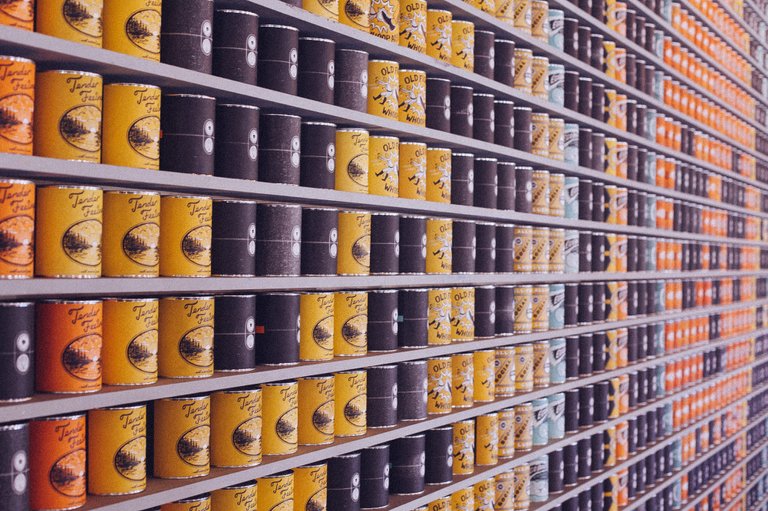
What is a Public Domain Image?
First let's define public domain, then we'll get into public domain images. The public domain is generally defined as consisting of works that are either ineligible for copyright protection or with expired copyrights. There is no permission whatsoever needed to copy or use any public domain works. If a book, image, song, movie, or artwork is in the public domain, then it is no longer protected by intellectual property laws (copyright, trademark, or patent laws)—this means that it’s free for you to use without permission. Basically, you (the public) own it and you can do whatever the heck you want to do with it! Pretty sweet, right?
So, how do you know what specifically is considered in the Public Domain? Well, there are laws in place that govern what is considered to be in the public domain. These laws differ from country to country, and sometimes change. Today we will only be discussing the laws for works produced in the U.S.. The easiest way to know if something is in the public domain is to know when it was published. Any work published in the United States before 1923 is in the public domain. Anything after 1923 starts to get complicated. For instance, any works published before 1964 where copyrights were not renewed, are consider to be public domain. (Renewal was a requirement for works published before 1978.) Some works fell into the public domain because they were published without a copyright, which was a requirement for works published in the U.S. before March 1, 1989. Works produced after 1989 are automatically protected and the copyright is an automatic right and does not require the author to file special paperwork. Some works are in the public domain because the owner gave them to the public relinquishing copyright protection (This is what I do with my photos). Last but not least, any works produced by the government are considered to be in the public domain. To be precise, any work prepared by an officer or employee of the federal government as part of that person's official duties (Lots of cool NASA photos from outer space. All in the public domain). Here is a link that breaks it down a little better for you.
https://copyright.cornell.edu/publicdomain
Public Domain Infographic - Simplifying the Public Domain
Here's an infographic I created to try and simplify and illustrate the Public Domain. Feel free to use this image in any way that you like. My only request is that if you use it on your website or blog please link back to this specific URL: http://viintage.com/public-domain-images/ Thanks!
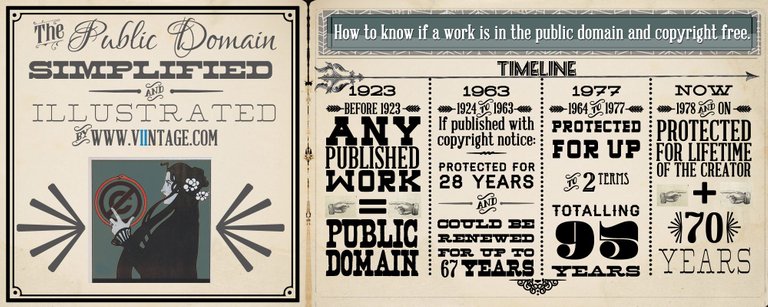
What is Copyfraud?
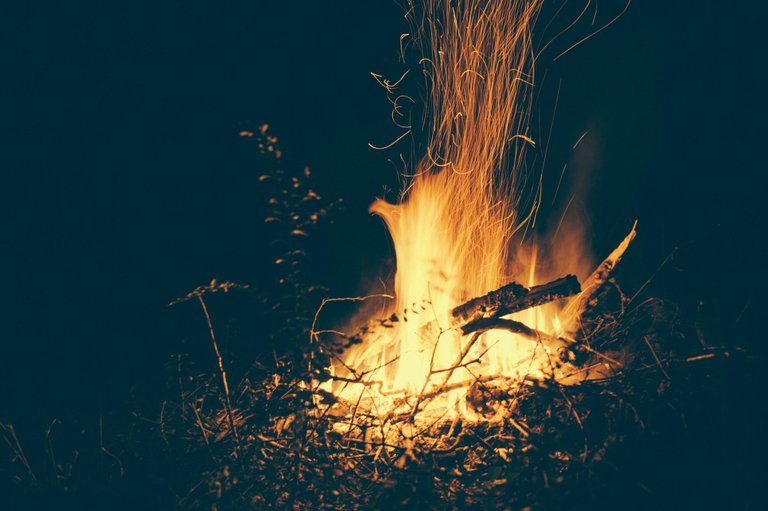
You've probably never heard of copyfraud before, have you? Well it is a real thing and it happens all the time and chances are that you have already been a victim of this ridiculous false claim to copyright protection. So, what is copyfraud?
Copyfraud is a form of copyright misuse. The term was coined by Jason Mazzone, a Professor of Law at Brooklyn Law School, to describe situations where individuals and institutions illegally claim copyright ownership of content in the public domain. Unfortunately, it is very easy for people to claim rights that the law does not give them; these actions carry little or no oversight by authorities and thus no legal consequences for doing so. The problem is that when someone makes false copyright claims, there's usually no way to prosecute them. Here's what John had to say in one of his papers.
"Copyright law itself creates strong incentives for copyfraud. The Copyright Act provides for no civil penalty for falsely claiming ownership of public domain materials. There is also no remedy under the Act for individuals who wrongly refrain from legal copying or who make payment for permission to copy something they are in fact entitled to use for free. While falsely claiming copyright is technically a criminal offense under the Act, prosecutions are extremely rare. These circumstances have produced fraud on an untold scale, with millions of works in the public domain deemed copyrighted, and countless dollars paid out every year in licensing fees to make copies that could be made for free. -John Mazzone"
http://papers.ssrn.com/sol3/papers.cfm?abstract_id=787244
Here are some examples of sites where public domain images have been placed under a "copyright" even though they are in the public domain. I personally think that these sites are a little indulgent. Being that I own and run a site where we have thousands of people downloading images around the clock, I get it. These folks want to get paid for the work they did finding, compiling, hosting, and even sometimes scanning the images, and that's great. The problem I have, is when they start placing false claims to a copyright that they have NO RIGHT to. Here are some examples:
DukeUniversity
Duke University has over 3,300+ advertising items and publications dating from 1850 to 1920, but claims the the images on their site aren't even in the public domain. What!? That's just crazy! Here's a screen shot of their terms and conditions.

VintageImagesToGo.com
This site states you can use the images by placing them on products but you can't resell the images. Here's a screen shot of their terms and conditions.

TheGraphicsFairy.com
This site states that you can do anything you want to with the images, but you must follow the "6 image rule" and you can't redistribute the images if you run a free graphics site. Here's a screen shot of their terms and conditions.
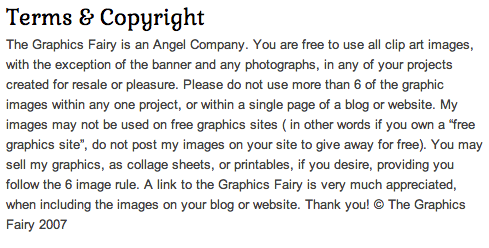
Luna-GirlImages.com
This site states that you can't share the images and you must license the images using one of their 2 different licensing options. Here's a screen shot of their terms and conditions.

e-Vint.com
This site just has re-written the copyright laws to try and protect their "compilation" that they "designed". Puhh-lease! Here's a screen shot of their terms and conditions.

The bottom line is that these sites more than likely got the images for free, and they want to sell them to you, but they don't want you to sell them. Well, I'm sorry but these aren't THEIR images to claim the rights to! Do you really think that these sites can uphold their copyfraud in the court of law. Hell no! They can't and they know it, but they try to scare you into thinking they can. This is copyfraud, plain and simple and it's just not right!
**Also Consider This Lawsuit **
Bridgeman Art Library v. Corel Corp.
Bridgeman Art Library v. Corel Corp., 36 F. Supp. 2d 191 (S.D.N.Y. 1999), was a decision by the United States District Court for the Southern District of New York, which ruled that exact photographic copies of public domain images could not be protected by copyright in the United States because the copies lack originality. Even if accurate reproductions require a great deal of skill, experience and effort, the key element for copyrightability under U.S. law is originality.
This is what museum don't want you to know!!! There are millions of images that you can download from online libraries and museums, that these institutions have scanned in; images of paintings, illustrations from books, maps, you name it, and they all claim that they have the copyright to these public domain images. NOT TRUE!!!
Public Domain Images for Profit
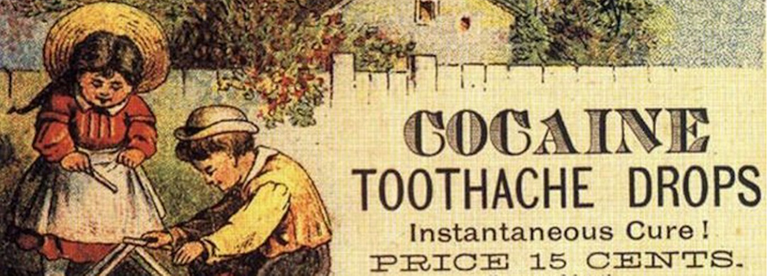
So, what does this mean for you, the entrepreneur, the designer, the idea guy? It means that the world just opened up for you to unleash your creativity and make some real cash. People pay hundreds even thousands of dollars for the rights to use stock photography and stock graphics. Why pay a fee when you can get it free!
Public domain images are a great resource for graphic designers, web designers, clothing designers, art printers, and more. Having a free repository of images is nearly a priceless tool. Even students and educators can benefit from the public domain. Students can use the images for their research and teachers can use the images in spreadsheets and slideshows. There are also a lot of crafters out there who use these images in their crafts. No matter what you use these free images for you just cant beat using an amazingly designed image from a hundred years ago for free!
There are 1001 ways that you can use these images to make a living and if you go to Zazzle.com or Etsy.com you'll quickly realize that many of the cool designs were inspired from or repurposed by the use of public domain images. Even companies like Staples, Victorian Trading Company, AllPosters.com, and Art.com are utilizing public domain images and making a profit from something that costs them absolutely nothing. It's a big business and more and more people and companies are realizing just how lucrative the public domain can be.
There are lots of ways to make money using public domain images. Just remember to be fair and don't get greedy. Public domain images are amazing and can be a real tool to help you and others make an honest living. But don't let greed overcome you and don't try to re-write the copyright laws to protect images that you didn't actually create. Keep your hands open and help others on your journey through the public domain. Freely give what you have freely received.
Hopefully, I have shed some light on the subject of the public domain, and debunked some myths about the copyrights associated with these works. I have included a broad assortment of public domain images below to give you an idea of what some of these images look like. I get inspired every time I look through them and I hope that you will too. So, be inspired and do something amazing with the awesome collection of public domain images that I will be making available to you here on Steemit!

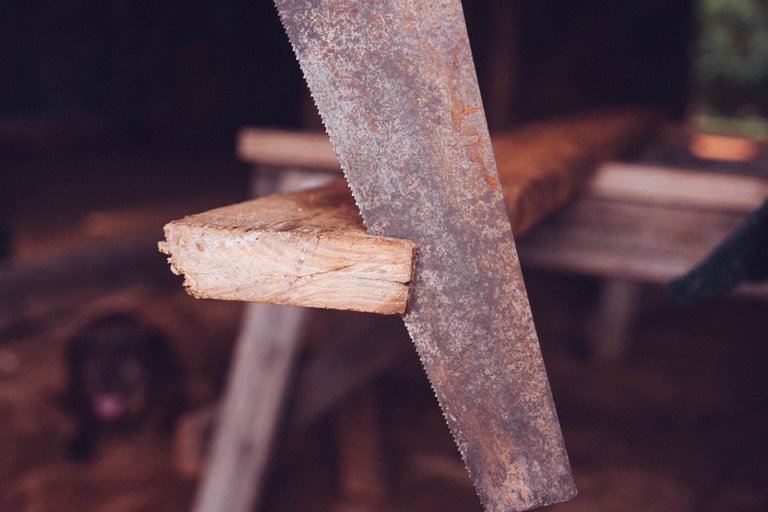

References
University of California - Definition of Public Domain
Copyright.gov - Copyright Law of the United States of America
Stanford.edu - Copyright & Fair Use
SocialMediaExaminer.com - Copyright Fair Use and How it Works for Online Images
Cornell.edu - Copyright Term and the Public Domain in the United States
PublicDomainDay.org - World Copyright Terms Map
Jason Mazzone- CopyFraud
Duke.edu - Public Domain Copyright Terms
UNC.edu - WHEN U.S. WORKS PASS INTO THE PUBLIC DOMAIN
It took me about a 2 months of research to create this guide to the Public Domain, so if you found this useful please follow me, upvote, and resteem this post so that we can help more folks learn about the Public Domain! Thanks!!
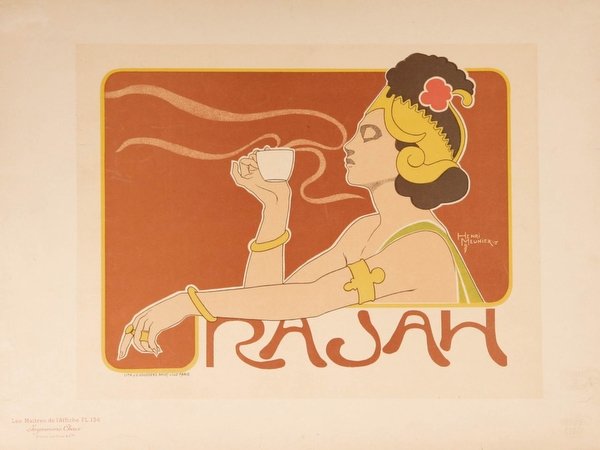
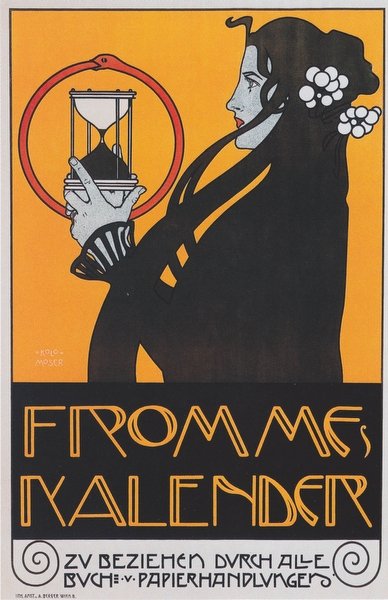
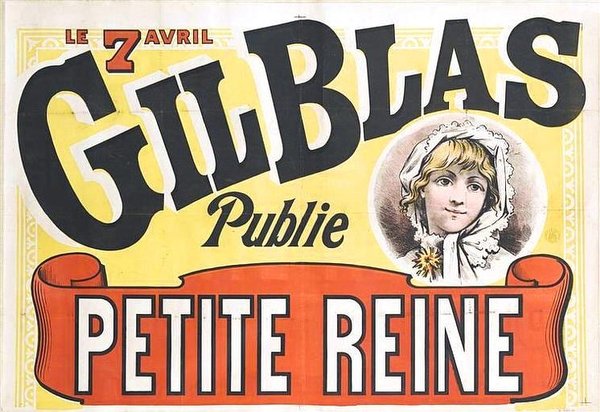
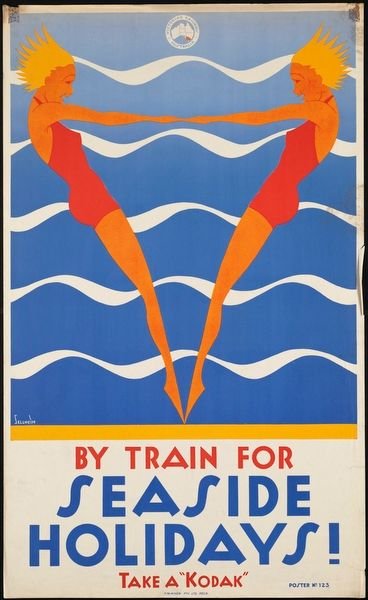
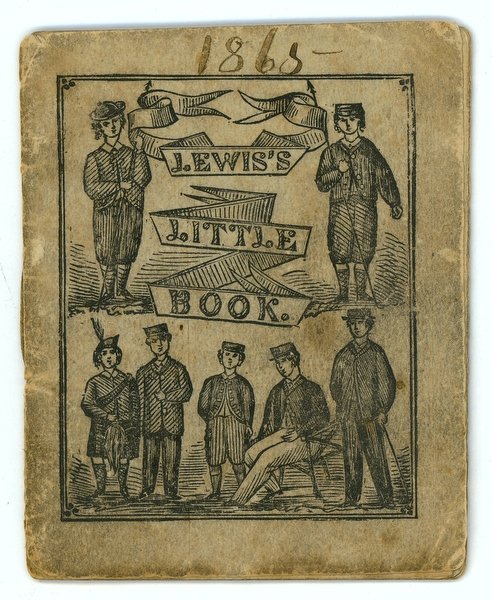
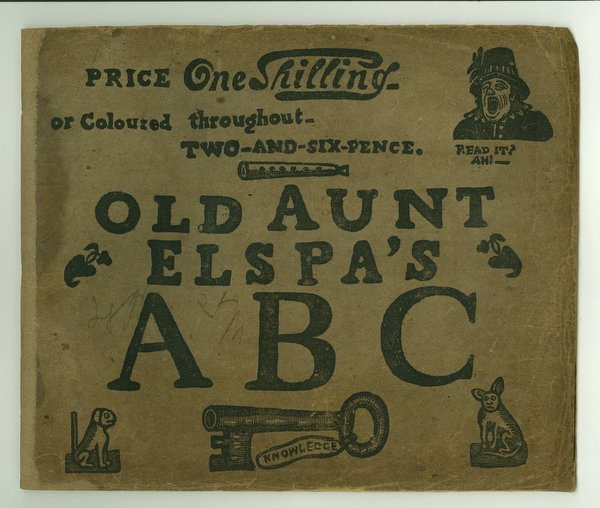
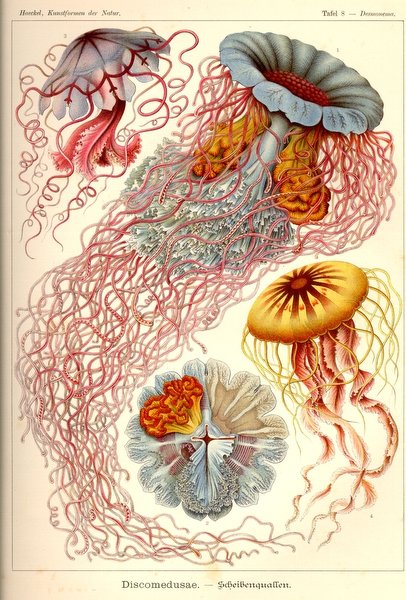
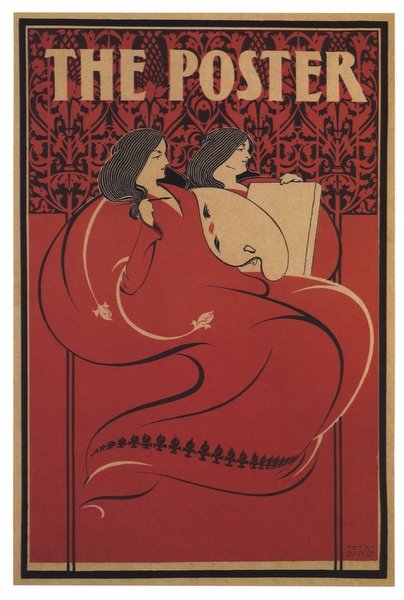
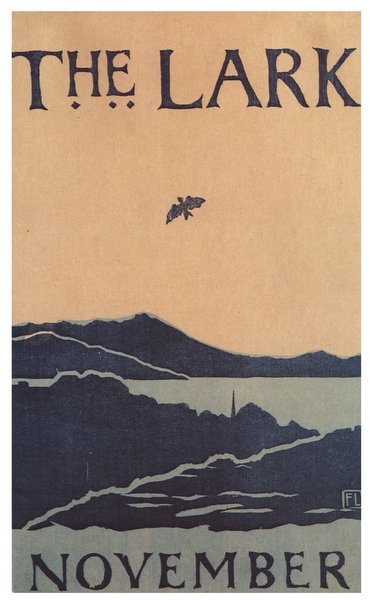
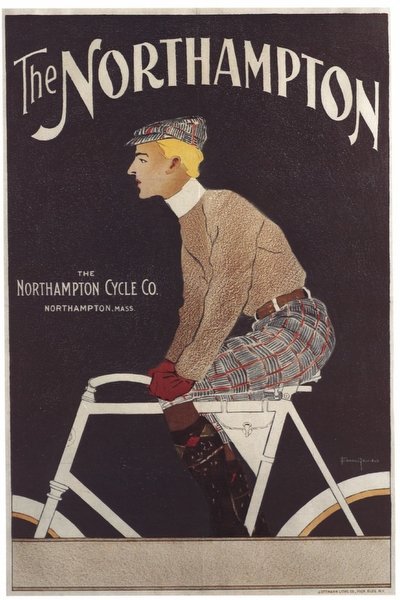
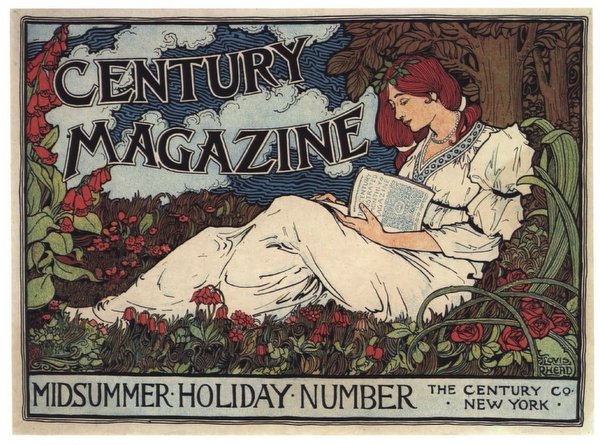
Wow. Lots of great content.
Hi! I am a robot. I just upvoted you! I found similar content that readers might be interested in:
http://viintage.com/public-domain-images/
Thanks robot! That's a website that I own.
You might want to get in touch with @steemcleaners before they flat your post for copy/paste
Thanks for the tip. How would I go about this?
Hello Matt (@freestockphotos), nice to Steem you! Your contributions are like an oasis in a Steemit community often resembling a desertifying territory, dried by the worshiped trinity of Steem, SBD and Steem Power sungods... I intend to post my first article within the next days, about an encyclopedia project, and your text would perfectly fit for the "public domain" entry :-)
Have you considered creating and promoting here on Steemit a "public domain" label (logo), or even a tag (category) to ease for the Community finding and sharing those publications?
You got my upvote, although it almost doesn't weigh anything - I'm still learning a lot about Steemit, before starting to post :-)
Thanks for the kind words! I'll consider that. I'm still getting my feet wet too and trying to figure this all out.
Congratulations @freestockphotos! You have completed some achievement on Steemit and have been rewarded with new badge(s) :
Click on any badge to view your own Board of Honor on SteemitBoard.
For more information about SteemitBoard, click here
If you no longer want to receive notifications, reply to this comment with the word
STOPReally good read, goodluck
Thanks!!!